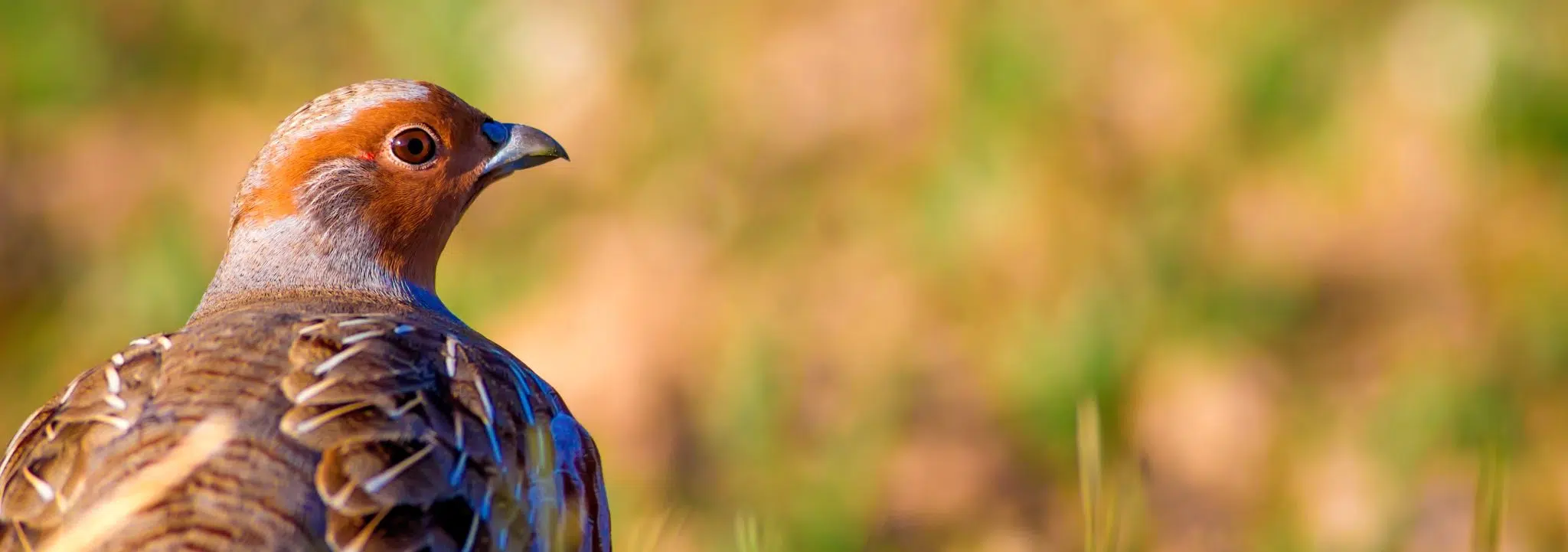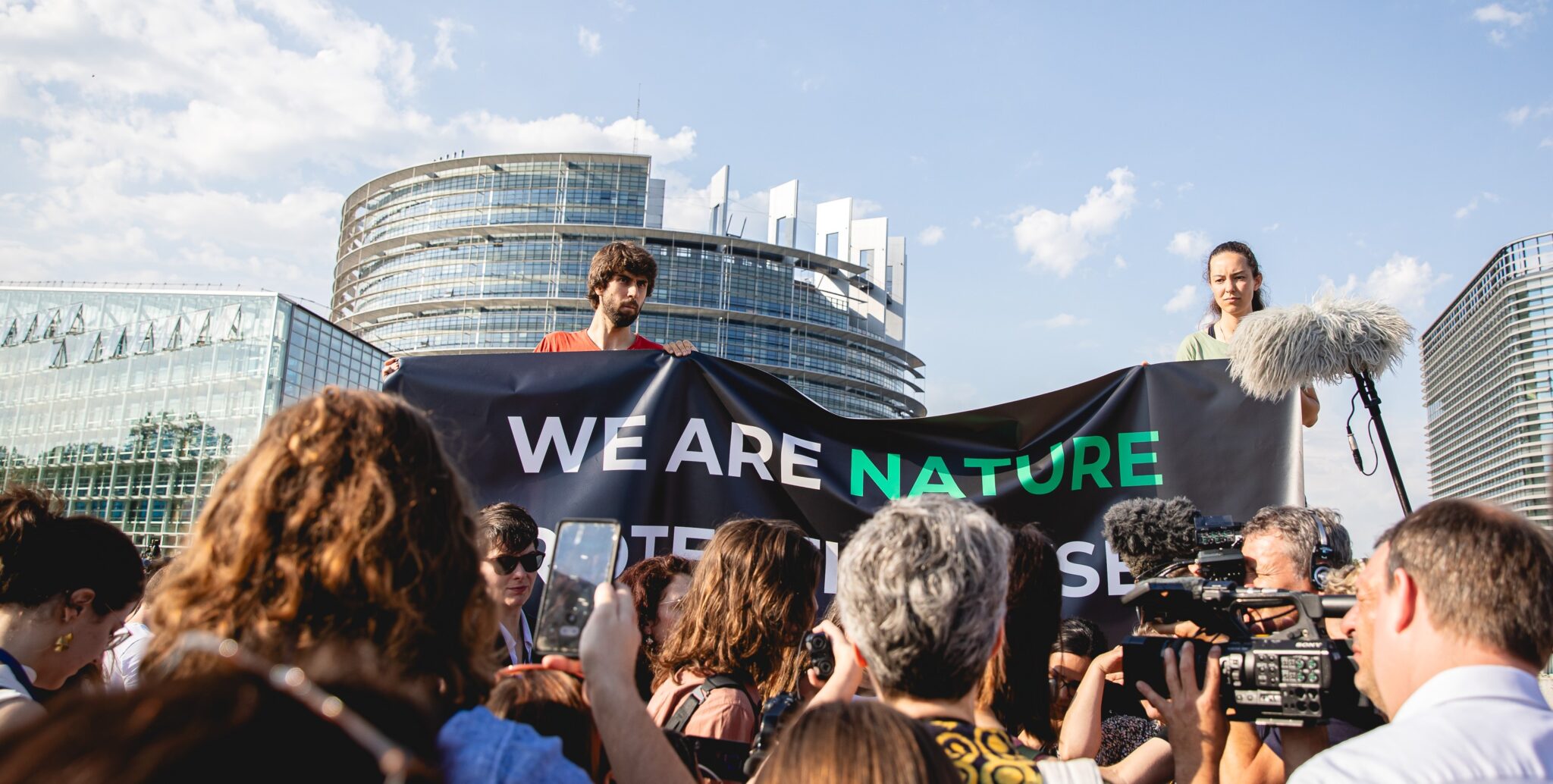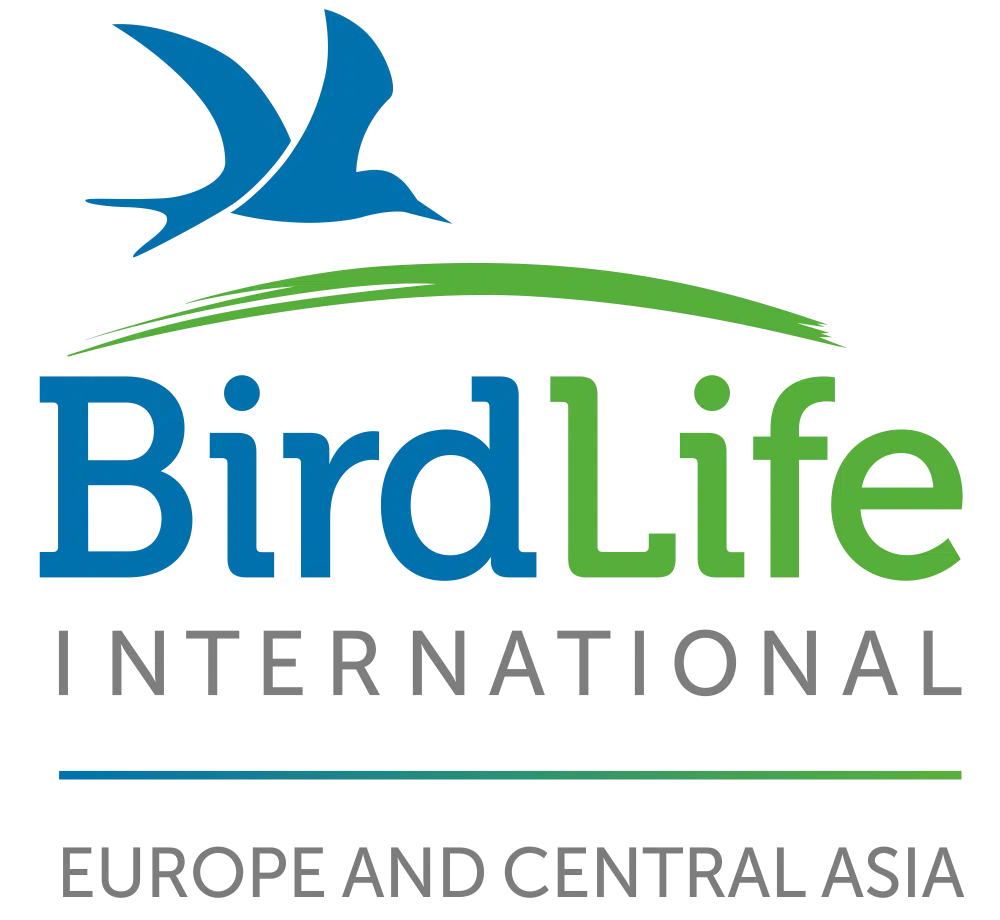Press release – EU Nature Restoration Law: AGRI Committee votes against farmers’ future and food security
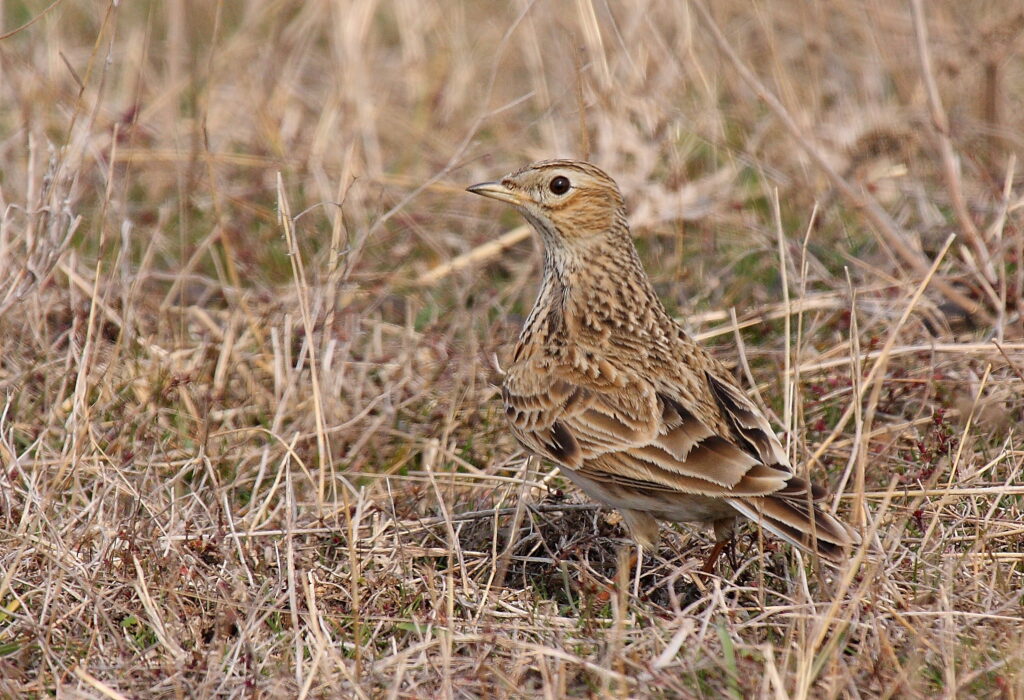
This afternoon, the Committee on Agriculture and Rural Development (AGRI) of the European Parliament voted for a full rejection of the Commission’s proposal for the EU Nature Restoration Law. With this opinion, the bulk of Members of Parliament is letting down their own constituency of farmers, who are facing the unprecedented impact of the collapse of our ecosystems and climate change.
Once again, they chose to ignore all scientific evidence showing that if we want to ensure food security in the long run, we need to restore nature.
For months anti-nature lobbies have been leading a disinformation campaign. Today, this was extremely visible in the discussions and the outcome of the vote was not surprising. Instead of offering solutions to devastating floods and droughts that threaten farmers’ livelihoods and long-term food security, the AGRI Committee turned a blind eye to farmers’ problems.
Sofie Ruysschaert, Nature Restoration Policy Officer at Birdlife Europe and Central Asia:
“The European Parliament AGRI Committee has shown again that they prefer protecting the short-term economic interests of a handful of big agriculture and forestry lobbies rather than securing a safer future for us all. By ignoring the strong call from concerned citizens, NGOs, scientists, and progressive businesses to urgently restore nature, they are missing this unique opportunity and instead voted in favour of those who are responsible for nature’s decline.”
Sabien Leemans, Senior Biodiversity Policy Officer at WWF European Policy Office
“With this rejection, the majority of MEPs in the AGRI Committee are failing all citizens, including farmers. At times when Italy is devastated by flooding and Spain is experiencing severe droughts, this denial of what is happening in Europe is unacceptable. The science is clear that nature restoration will increase our resilience to such extreme weather events and support long-term food security. Meanwhile, the AGRI Committee is rejecting the legal proposal to restore nature! It is a totally irresponsible attitude that puts everyone’s livelihoods at risk, first and foremost the ones of farmers.”
Sergiy Moroz, Policy Manager for Water and Biodiversity at the European Environmental Bureau
“The Parliament’s Agriculture Committee has just thrown into the bin EU’s nature restoration agenda, that would have ensured the long-term future of farming in Europe. They willingly chose to undermine the European Green Deal and the global commitments the EU has made. It is now up to their colleagues in the Environment Committee to vote for an ambitious Nature Restoration Law, that can help us bring back and improve ecosystems as our best allies to tackle both the biodiversity and climate crises, including coping with droughts, floods and heatwaves.”
Ioannis Agapakis, nature conservation lawyer at ClientEarth
“Agriculture isn’t separate to nature – it relies on it. Today’s outcome shows that the Committee has either not fully grasped this, or chosen to ignore it. For the agricultural sector to survive, we need a healthy and resilient environment. Current restoration efforts are clearly inadequate to tackle the twin climate and biodiversity crisis – the point is to expand them. The Nature Restoration Law is an opportunity to take transformative action, but the Committee is squandering it. Today’s rejection of the Nature Restoration Law jeopardises the future of nature in the EU and is a reckless refusal to safeguard the EU’s agricultural sector and align it with the global biodiversity targets that the EU agreed to in Montreal last year.”
ENDS
You might also be interested in:
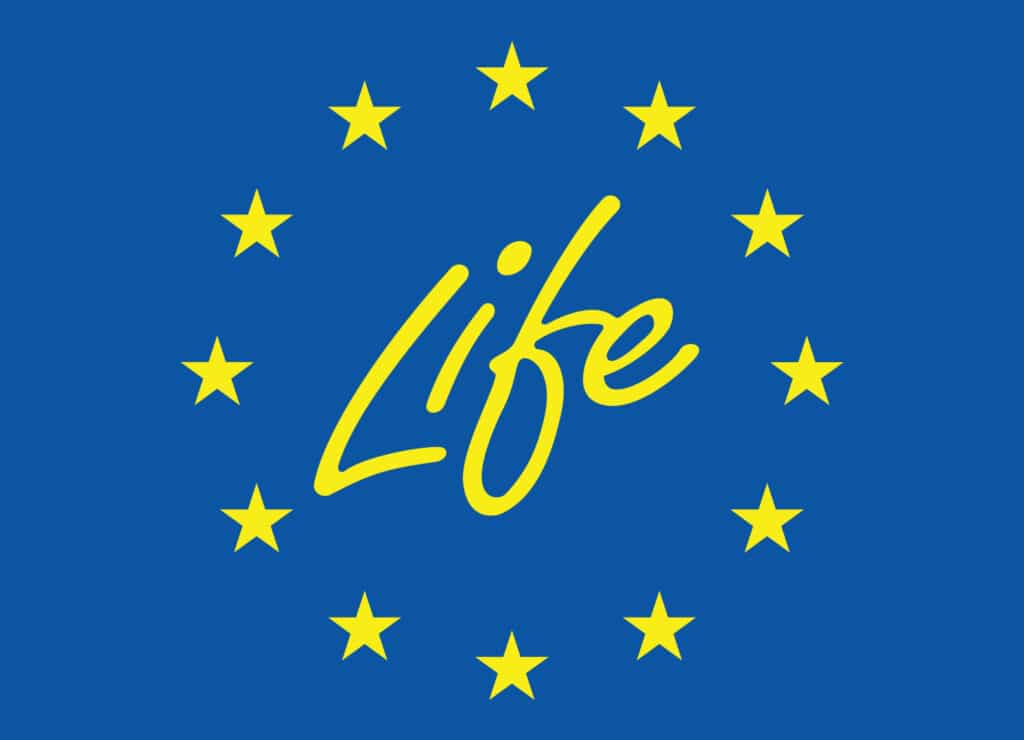 | Stichting BirdLife Europe gratefully acknowledges financial support from the European Commission. All content and opinions expressed on these pages are solely those of Stichting BirdLife Europe. The European Commission is not responsible for any use that may be made of the information it contains. |
